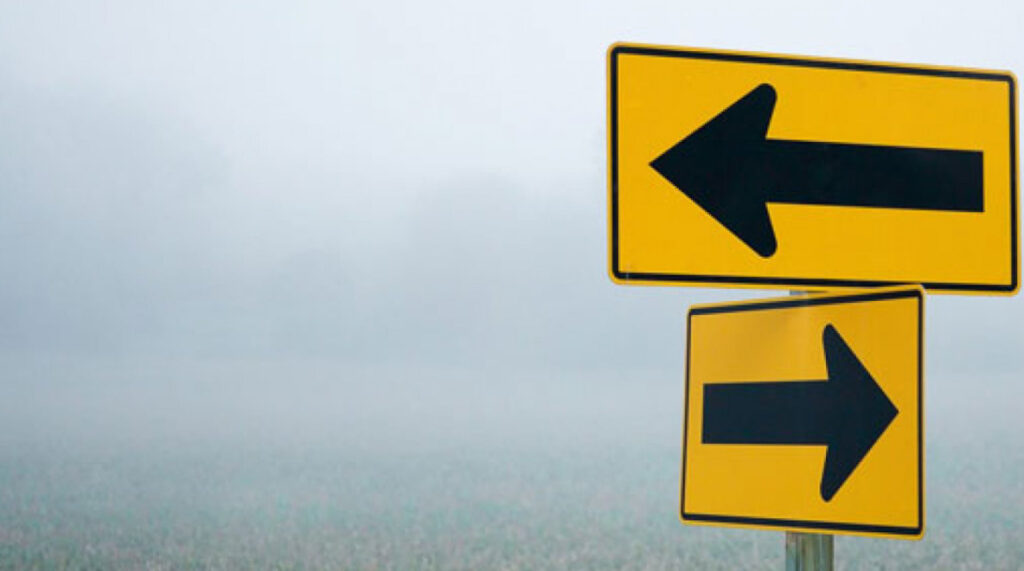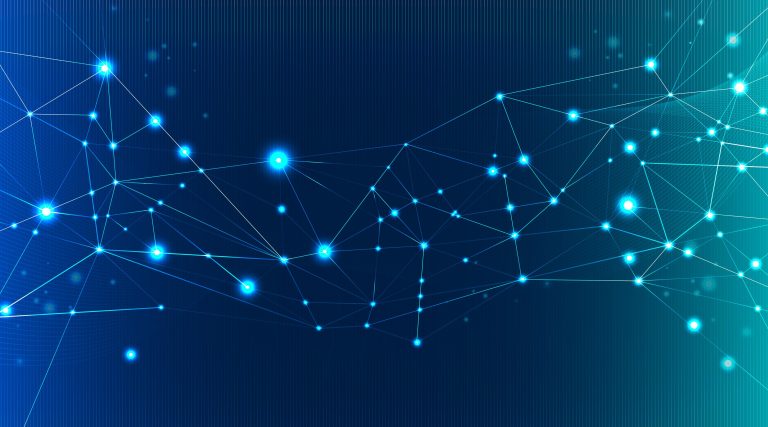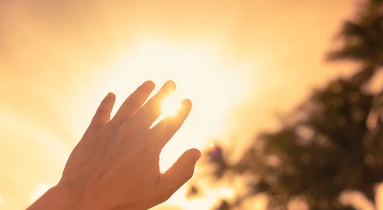
So here we are, a month or so to conclude the year of the twenties. Such a magical number, such an interesting year, 2020. Most of us will never forget this year, where an elusive virus wreak havoc the considerably “stable” world as we knew it. People are faced with a growing number of new decisions. Should I go and get a haircut ? Is it safe to be in close vicinity to strangers ? When can I go and see my friends ? Should I report my neighbour for having more than 6 guests over ? Should I play office politics to get the promotion and pay rise ? It seems that during these strange times, fear has been increasingly to be an influencer in decision making process as it heightened people’s perception of risk, and their intentions to take precautions more than anything else. Often times by sacrificing ethics, genuine connection and empathy.
Decision making is the process we use to identify and choose alternatives, producing a final choice. It’s more or less a problem-solving activity based on our values, beliefs and perceived knowledge. There are several ways to approach a decision ; logical, intuition and social manner. Logical analysis is mostly utilised to obtain the best possible outcome, by valuing and weighing each alternative and finally choose the option with the highest value. Intuition is based on a set of cognitive mechanisms and conclusions about the world and others, so heuristic-based strategies based on own real-world experience are often used. Social is when the society we live in sets certain perception of facts and beliefs. Some people are more concerned about these social aspect than others.
From any perspective, our decisions are influenced by our perception of risks. But depending on how we define the problem, we will perceive the risks differently. For example if we define it as an opportunity to gain something – even a long-term goal where nobody else sees it – we will be more ready to take risks to achieve it. But if we define it as a loss, we will minimise the risks and tend to avoid them altogether. Most people live for the “now” and tend to make decisions that are considered good and safe for them for the present time. Some can actually “see” beyond the present, and as much as illogical their decisions are seen by others, they may see things that others don’t. One simple example is the famous Milgram experiment, focusing on the conflict between obedience to authority and personal conscience. Why we make choices we do ? Study concludes that it’s basically each to their own.




